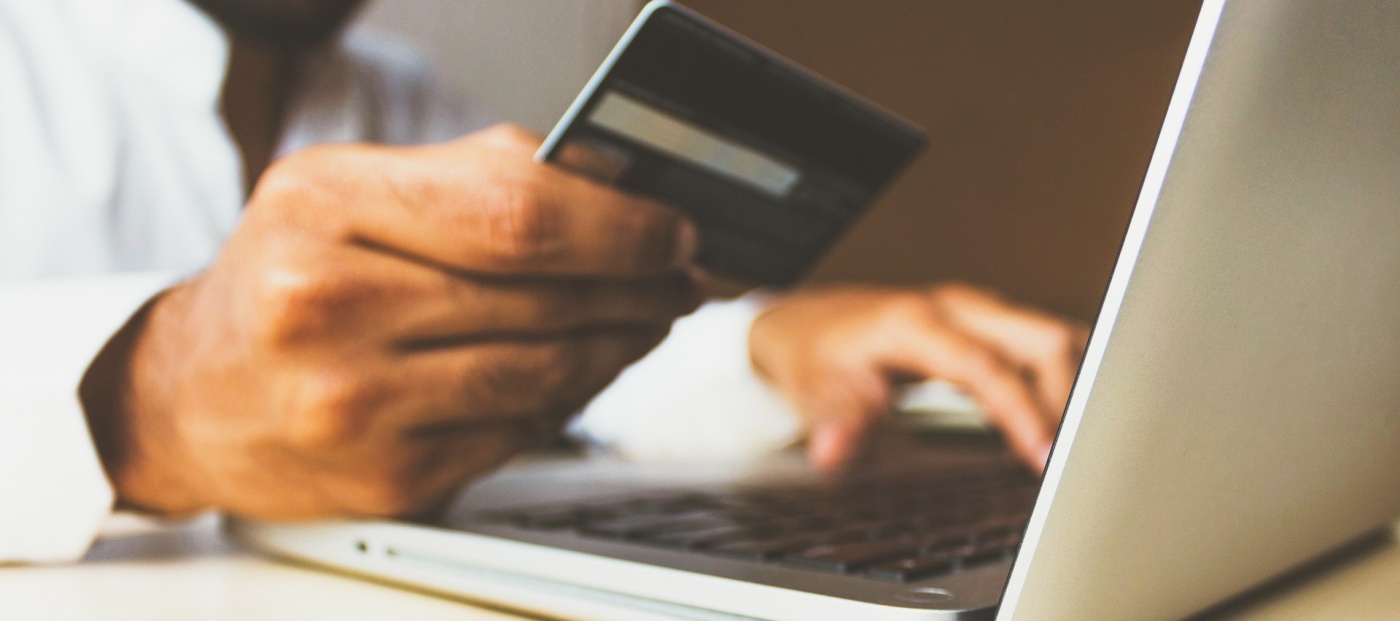
When Does it Make Sense to Pay a Bill with a Credit Card?
Credit cards and debit cards both offer incredible convenience. With just a quick swipe or a linked account, a payment can be instantly processed. It seems like a no-brainer to use that convenience for taking the hassle out of paying bills. But, is it a smart idea to pay monthly bills with a credit card or debit card?
Choosing to pay a bill with a card can have a significant impact on your general financial wellness — for better or for worse. That’s why it’s important to consider the many variables of this decision before going ahead with it.
Let’s take a closer look at the pros and cons of paying monthly bills with a credit card or debit card.
The advantages of paying bills with a credit card or debit card
There are many reasons you may want to pay your monthly bills with a credit or debit card when possible. Here are just a few of the advantages of paying with plastic:
- Automate monthly payments. Setting up automatic payments for monthly bills through a credit card or debit card will help ensure payments are always on time.
- Build credit with a consistent monthly payment. Using a credit card for a monthly bill is a great way to amp up a credit score without running the risk of overspending. Just be sure to pay the bill in full and on time every time.
- Earn rewards for money that needs to be spent anyway. Using a credit card that offers rewards for a bill that needs to be paid anyway will help to pile on those rewards points without overspending. Many debit and/or credit card issuers, (including Lincoln SDA Credit Union’s credit card watch for updates later this fall!), also offer attractive rewards for using the card to pay for specific expenses, including some monthly bills.
- Enjoy consumer protection. Paying with plastic offers the consumer the advantages of purchase protection, zero or minimal liability in case of fraud, guaranteed returns and more.
- Pay your bills quickly without the hassle of writing out checks and using snail mail. With a credit or debit card, paying a bill only takes a few clicks or phone prompts.
- Budget easily. Paying with a credit or debit card makes for easy tracking of monthly spending.
- Payments post promptly. Bill payments made via credit or debit card will generally post within one or two business days. Contrast that with a check that needs to be mailed out, delivered to the correct party and then deposited and cleared until the payment is finally processed.
The disadvantages of paying bills with credit or debit cards
Here’s the flip side of paying bills with plastic:
- There may be fees for paying the bill with a credit card. Pay close attention to the payment options on every bill; some service providers charge a processing fee for paying with a debit or credit card.
- It can make a difficult financial situation worse. For consumers who are already carrying a sizable amount of debt, it may not be the best idea to charge a monthly bill to a credit card. Similarly, it isn’t responsible to set up an automatic monthly payment through a debit card that is linked to an account that may not have enough money to cover the charge each month.
- Credit utilization may cross the threshold to an undesirable rate. One of the key components of an excellent credit score is a low credit utilization rate. For consumers with a minimal amount of available credit, charging too many bills to a credit card can cause their score to plunge.
- Interest may accrue. Consumers who cannot pay their entire credit card bill each month would be saddled with more accrued interest than they can afford if they choose to pay their monthly bills with a credit card.
Which of my bills can I pay with a credit or debit card?
You will likely not be able to pay the following monthly bills with a credit or debit card:
- Mortgage
- Rent
- Car payments
These monthly bills can usually be paid with a credit card, but you may need to pay a fee to do so:
- Car insurance
- Home insurance
- Health insurance
- Taxes
The following monthly bills usually allow you to pay with a credit card or debit card, and without a fee:
- Subscription services
- Phone bills
- Utility bills
- Internet providers
- Cable providers
Before deciding whether to pay a specific bill with a credit or debit card, it’s best to check with your provider to find out if this is a viable option and if there will be a fee attached for paying with plastic.
The bottom line
Sometimes, paying bills with a credit card or debit card makes perfect financial sense, but it sometimes does not. Before deciding which way to go on any particular bill, consider all the relevant factors detailed above to be sure you’re making the responsible choice.
Your Turn: Do you pay any of your monthly bills with a credit card or debit card? Tell us about it in the comments.
